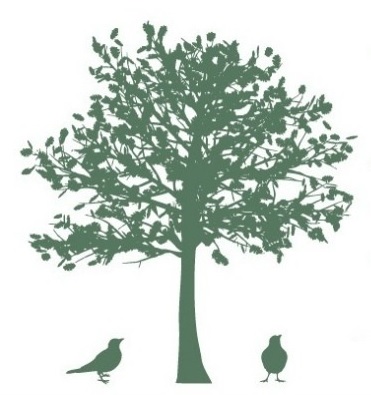Death came to my doorstep that August evening in a white plastic bucket. A sticker on the side of the five-gallon vessel read:
FOOD GRADE
HEAVY DUTY
BPA FREE
Inside rested the ashes of my horse, a chestnut gelding named Kaycee. He and I had grown up together wandering the forests, streams and pastures of the Virginia Piedmont.
My childhood memories are framed from my vantage astride him in the saddle. The scrape of his hooves down gravel roads became the soundtrack to my lazy summer days.
Peering down his long neck, I came to see the air between his ears akin to a camera view finder revealing dew-glazed orchard grass before us in the morning haze and the dapple of sunlight piercing the leafy boughs above.
As I recalled those long-ago trail rides, my mother called me just before 8 a.m. on July 30.
She told me Kaycee, who was 22, had been found laying down in his field that morning — an unusual occurrence — and he appeared to be in distress. The next call came not long after. The veterinarian had arrived and the prognosis was grim.
Dr. Alexis Theiss told me that he was experiencing colic. She found him covered in sweat and dirt, likely the result of him rolling in an effort to alleviate his abdominal discomfort. His nostrils flared as he took labored breaths. His heart rate also exceeded 80 beats per minute, when it should have been less than 40. She suspected that he had a strangulating lipoma, which is caused when a benign tumor growing in the small intestine becomes dislodged and pinches off blood flow in the gut.
What was clear was that Kaycee was in pain. Theiss relayed to me the options clearly and with compassion. She said the chances of his recovery from a risky surgery, much less survival, seemed dire, especially considering his age and current state.
I told her I understood. Theiss hung up and walked away to prepare the procedure, Kaycee’s last. At that moment I was in Washington on an assignment and knew I could not make it in time to be with Kaycee.
My mother told me later they walked Kaycee toward a shade tree. She noticed that as he took his final steps, his ears perked up.
“All his life, he was a very cooperative horse,” she said.
Theiss administered a sedative. Kaycee wobbled and then gently went to his knees and rolled onto his side.
“He was ready to go,” Theiss told me after.
Theiss next gave Kaycee a combination of drugs that stopped his breathing and his heart.
Then came a shudder. His muscles fired a spasm and a sigh bellowed from his lungs. Theiss placed her stethoscope to his chest and heard silence.
Seeing Kaycee limp in the grass, my mother said she felt awestruck by his heft.
“It’s the sheer enormity of the animal that gets you.” she said. “To me, it enlarges the pain.”
It’s a grief that can affect veterinarians as well. Veterinary schools are now revamping efforts to train students to learn how to cope with the emotional toll of euthanasia. In her career, Theiss has euthanized close to 500 horses and she said she averages about 50 a year.
“In more cases than not, I feel as though I’m doing the animal a favor and helping it get to the next place,” Theiss said. “You have to look at it that way, otherwise it does wear you down.”
Ruthanne Chun, an associate dean of the University of Wisconsin, said that the remorse she felt after euthanizing her dressage horse, Arthur, changed the course of her career. She decided right then that she could never practice equine medicine and switched to dogs and cats.
“It took me a decade to feel like I could carry that loss comfortably,” Chun said.
I drove out later that July afternoon hoping to rest my hand on Kaycee’s velvet-soft muzzle to say goodbye. But by the time I arrived his body was gone, with no trace except the blades of grass that had bent underneath him.
In peak health, Kaycee stood at more than half a ton. In death, his ashes fit neatly in the white bucket delivered to my stoop. Hoisting it inside, I was surprised by its bulk. It weighed 37 pounds.











Speak Your Mind